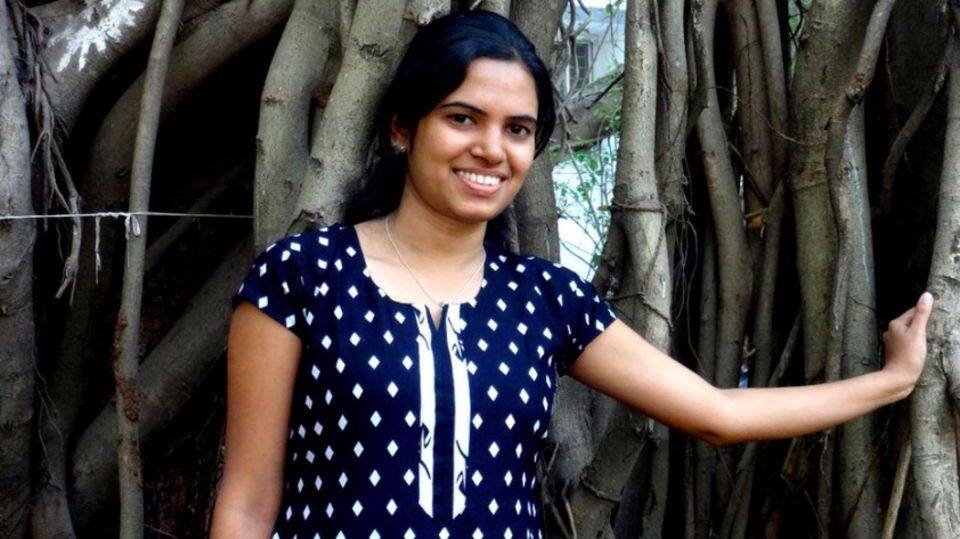
Meet the girl behind Maharashtra's 1% employment reservation for orphans
What's the story
In January, Maharashtra became the first Indian state to give 1% reservation in jobs to orphans who don't have any documentary proof validating their socio-economic standing. Amruta Karvande, a second year MA Economics student from Pune, is behind the reform. After toiling hard, she finally met CM Devendra Fadnavis and got the reservation introduced. Here's more about Amruta and her journey.
Background
Amruta's father abandoned her when she was 2 years old
Amruta, 23, grew up at Matruchhaya, an orphanage in Ponda, Goa, where her father abandoned her when she was 2. She has never seen her parents again. She doesn't even remember how they look like anymore. "While leaving me at Matruchhaya, my father put down my name in the register, that's how I have a name and a surname," Amruta told Times of India.
Turning point
What prompted Amruta to fight for reform?
Amruta took the Maharashtra Public Service Commission (MPSC) exam last year and scored 39/100. Despite scoring well above the cut off for open women category (35/100), she had to compete in the general category (cut off: 46/100) because she didn't have documents validating her caste. She wasn't selected. After unsuccessfully trying to make several officers consider her case, she finally decided to meet Fadnavis.
The reservation
Parallel reservation is applicable under general category
Amruta, who will be taking the MPSC exam again, presented her situation before Fadnavis last December. As a result, the reform was decided in the state cabinet on January 17. The new change, called parallel reservation, is applicable under the general category and won't affect caste reservation quota. Now, 1% of all the jobs under the general category will be reserved only for orphans.
Marching ahead
How has life changed for Amruta?
Now the face of orphan quota in Maharashtra, Amruta has been chosen as the national social service (NSS) brand ambassador for development of villages for social activities. It's a government-funded public service program. A hot property in the local speaker circuit, she is giving talks at NGOs and also working on a proposal to eliminate the concept of "orphans from the society".